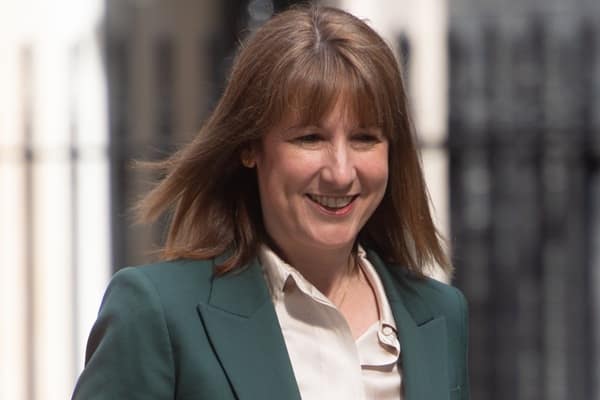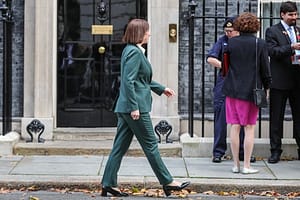Nigel Green, CEO of global financial advisory giant deVere Group, has warned that recent speculation about a possible UK wealth tax could already be harming Britain’s economy—and urged Chancellor Rachel Reeves to shut the conversation down immediately and decisively.
“Even floating this idea is dangerous,” he says.
“Every day that the government fails to rule it out, confidence erodes. Wealth is highly mobile. So are the people who create it. The longer the uncertainty lasts, the more capital quietly moves out of the UK.”
Though no formal policy has yet been announced, Nigel Green says the damage is being done in real time.
“This isn’t a theoretical risk. We’ve already seen a sharp uptick in high-net-worth individuals actively restructuring their assets and exploring overseas residency this year and this speculation will fuel that momentum.
“These aren’t people trying to dodge responsibility—they’re reacting to what they see as a government warming to the idea of penalising wealth itself.”
He warns that even if no tax is introduced, the threat alone is enough to spook investors and push entrepreneurs to look elsewhere.
The deVere CEO argues that a UK wealth tax, if introduced, would be a self-defeating policy with international precedent to prove it.
“France, Spain, Norway, Switzerland are some of the countries that have tried some version of a wealth tax.
“In almost every case, it’s either been abandoned, heavily diluted, or discredited. The wealthy don’t just sit and wait for the government to reach deeper into their pockets—they act; and once they go, it’s incredibly difficult to win them back.”
He also highlights the administrative burden and likely failure of implementation.
“You can’t efficiently tax what you can’t properly value. Illiquid assets like private companies, pensions, real estate and art portfolios aren’t priced daily. The moment the system tries to enforce annual valuations on those assets, you open the door to disputes, delays and a mountain of bureaucracy.”
Even if the policy was designed well, Nigel Green argues, the practical outcome would remain the same.
“The ultra-wealthy will leave or reorganise to reduce exposure. The tax base shrinks, investment slows, and the very people the economy depends on are replaced by a credibility gap.”
He stresses that the real issue now is ambiguity, and the government’s failure to shut down the rumours.
“The longer this hovers in the air, the more damage it does. Even if there’s no intention to go ahead, silence is being interpreted as a signal.”
He urges Chancellor Reeves to issue an unequivocal public statement to end the speculation.
“There’s a simple fix here. Just say clearly: ‘We will not introduce a wealth tax.’ That’s what’s needed to restore certainty and stop the potential flow of capital and talent out of the UK.”
Without it, he warns, the UK risks sliding further down the global rankings as a destination for wealth creation and private investment.
“Wealth isn’t just about individuals. It’s about the startups they fund, the jobs they create, the huge amount of tax they pay, the charities they support, and the trust they build. Undermine that ecosystem, and the whole economy suffers.”
Green concludes with a direct call to action: “If this government is serious about growth, it needs to make Britain look like a country that wants wealth to stay, not one preparing to drive it away.
“But the Chancellor must act now—and say it out loud: there will be no UK wealth tax.”






Leave a Comment